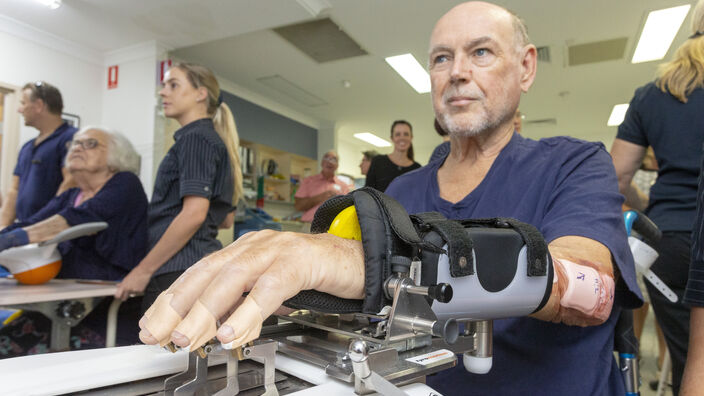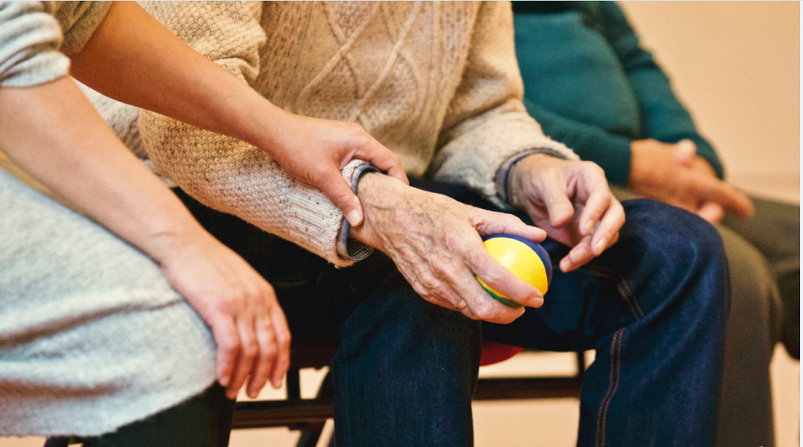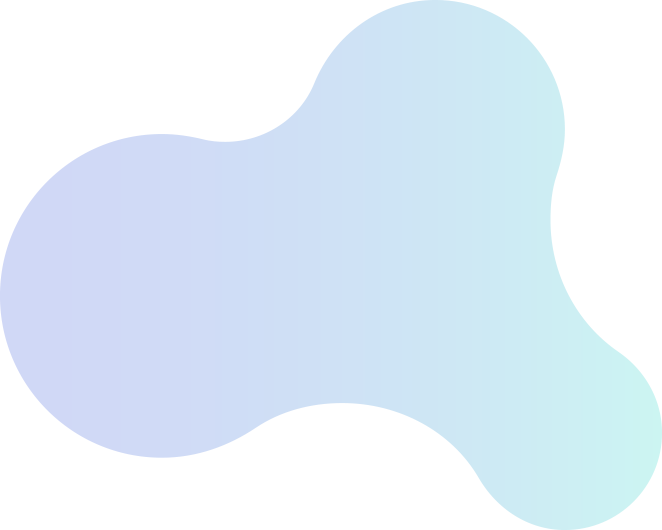
Scan the QR
to read the magazine on mobile phone
Belmont Goes GREEN WIth New Patient Lived Experience Project
Standing for Greet, Reassure, Engage, Enable, New patient, the GREEN (lived) experience project commenced at Belmont Private Hospital on 28 September. The project aims to improve the patient's admission experience and highlight any process improvements needed.
On the third day of admission new patients are surveyed for their feedback of their 'lived experience in the first 48 hours' of their stay. The Customer Service Manager collates the information which is reviewed daily by the Executive, monthly by the Quality and Risk Committee. and bi-monthly by the Consumer and Carer Committee to ensure actions result from the feedback received. Actions are then displayed in a traffic light process on 'We have heard you" boards in the consumer and carer hubs in patient areas throughout the hospital.
Internally the admission paperwork and WebPas records for all new admissions to Belmont hospital is marked with a unique identifier (a green triangle alert) to indicate this is the patient's first visit to Belmont. Magnetic alerts are also posted on the patient's unit bed board so both doctors and staff at all levels can ensure they receive a more detailed orientation or extra attention to help ease their transition into the service.
Together with other established patient feedback mechanisms this new initiative will help Belmont close the gap between knowing and doing.

State-of-the-art Robotics For Rehab at Eden Private Hospital
Eden Private Hospital has launched South-East Queensland's most high-tech rehabilitation program, after a significant investment in state-of-the-art robotics, sensors, virtual reality and gamification equipment to achieve enhanced results for patients. The new robotics technology will help to improve functional deficits associated with stroke and other neurological conditions such as multiple sclerosis, cerebral palsy and Parkinson's, as well as musculoskeletal and spinal conditions.
Eden Private is the only hospital in South-East Queensland to offer an extensive robotics rehabilitation program and, as a result, is expecting to become a destination for patients to undertake the intensive therapy.

NSW MID-NORTH COAST REHABILITATION HUB AT FORSTER PRIVATE HOSPITAL
The median ages of the communities of Tuncurry and Forster (61 and 54 years respectively) are close to that of Tea Gardens (65 years), which has Australia’s highest median age and lies in the same Mid Coast Council local government area. With this high median age comes high rates of comorbidities such as arthritis, back problems and heart, stroke and vascular disease.
To meet the medical needs of its ageing local communities, Forster Private Hospital is quickly becoming a rehabilitation hub, not only for patient care but also for the training of local clinicians wishing to pursue the specialty of rehabilitation medicine, a rapidly growing field.
The Forster Rehab team adopts a multidisciplinary approach with the Hospital’s allied health team, whereby each clinician plays a role in the development and implementation of a patient-centred rehabilitation plan aimed at helping the patient to regain maximum quality of life.

The "China-Australia Pyschiatry and Psychology Diagnostic and Treatment Series Training Program" Was Held By Mindfront Joint CSP Continuing Education Collaboration Group
In order to further popularize group psychotherapy related academic content, expand the Chinese psychiatric clinicians of group psychotherapy related basic knowledge and the cognition of cutting-edge research, sponsored by Mindfront, the spirit of the Chinese medical association medical branch (CSP) to continue education within the guidance of "China-Australia Pyschiatry and Psychology Diagnostic and Treatment Series Training" the first training program - group therapy interactive workshops, was be on November 18 2020 solstice during December 23. During the special period of the epidemic, the planned offline workshop was changed to an online workshop, which lasted for six weeks and promoted the exchange of academic practice between Chinese and Australian mental health workers through systematic online interactive workshops.


